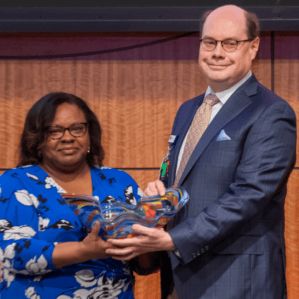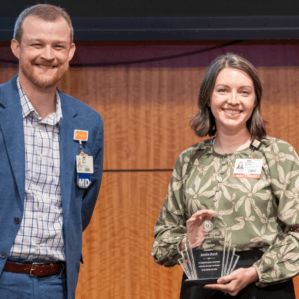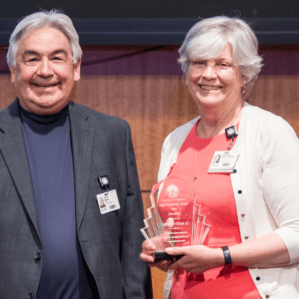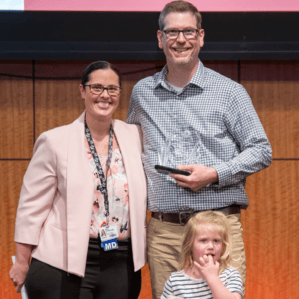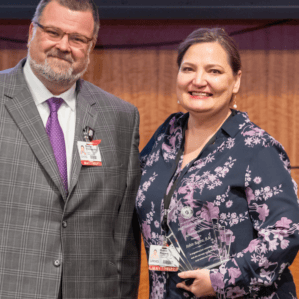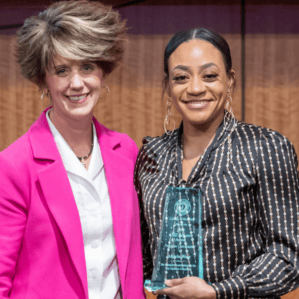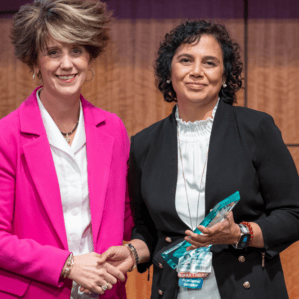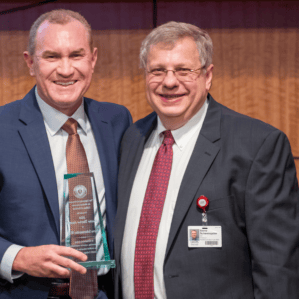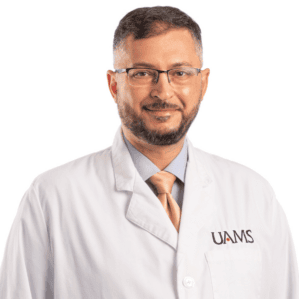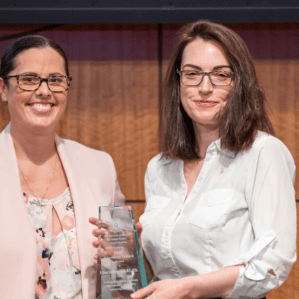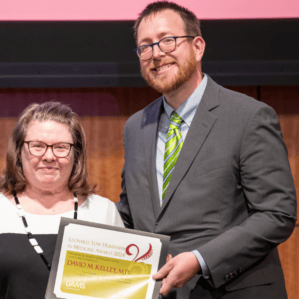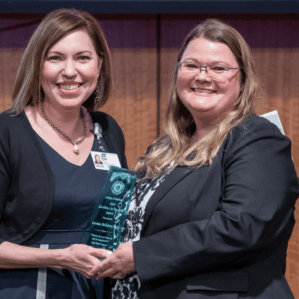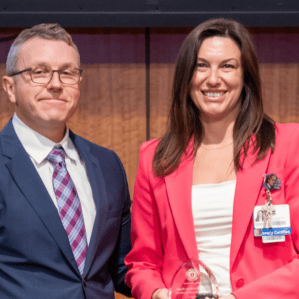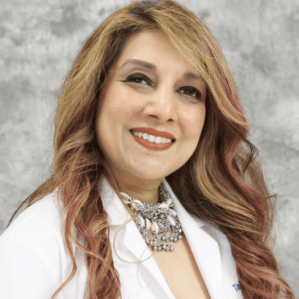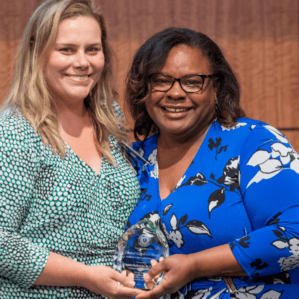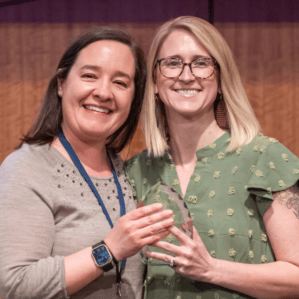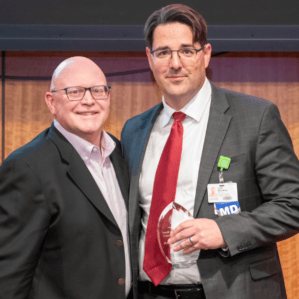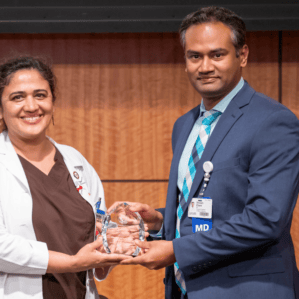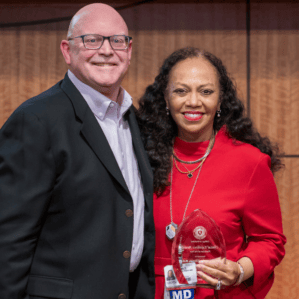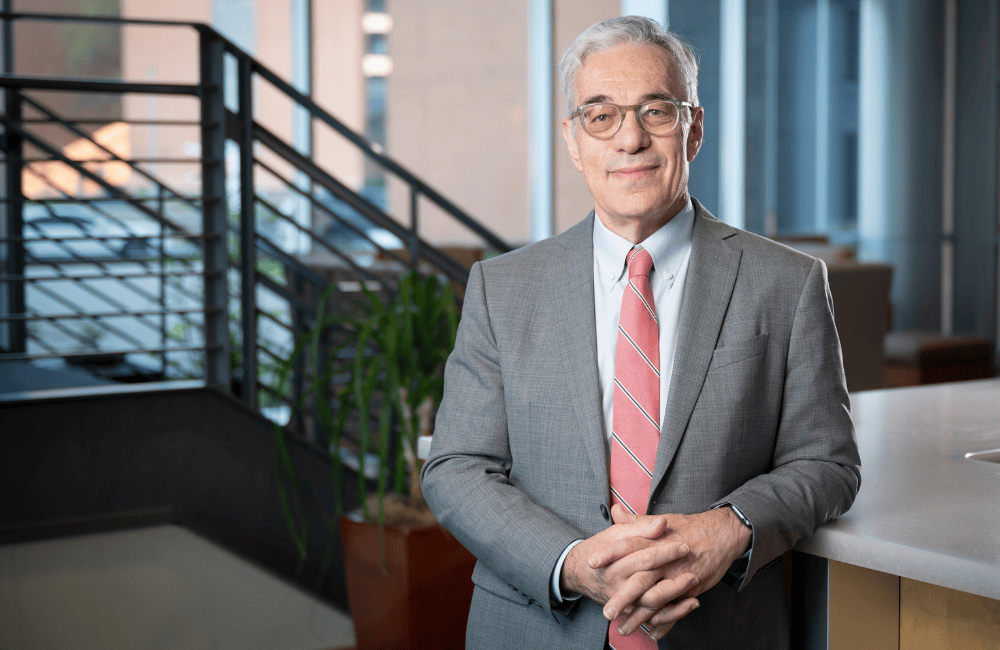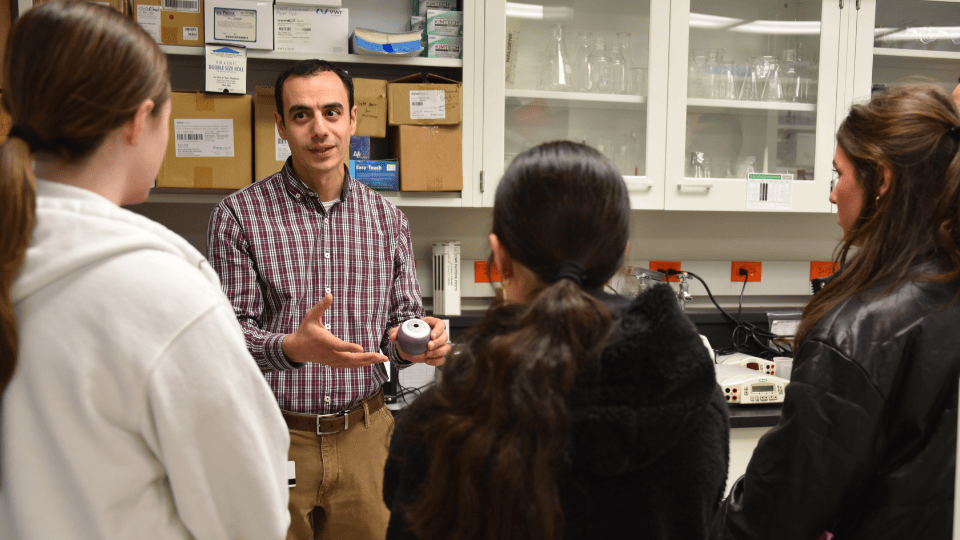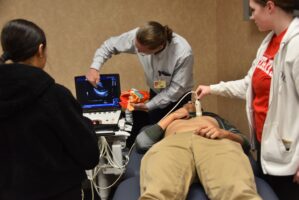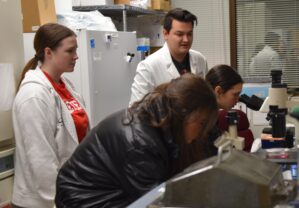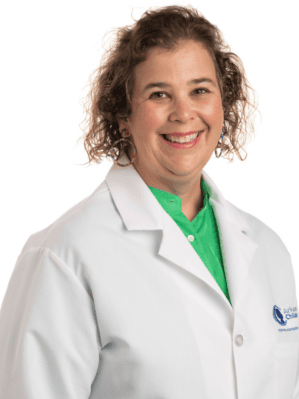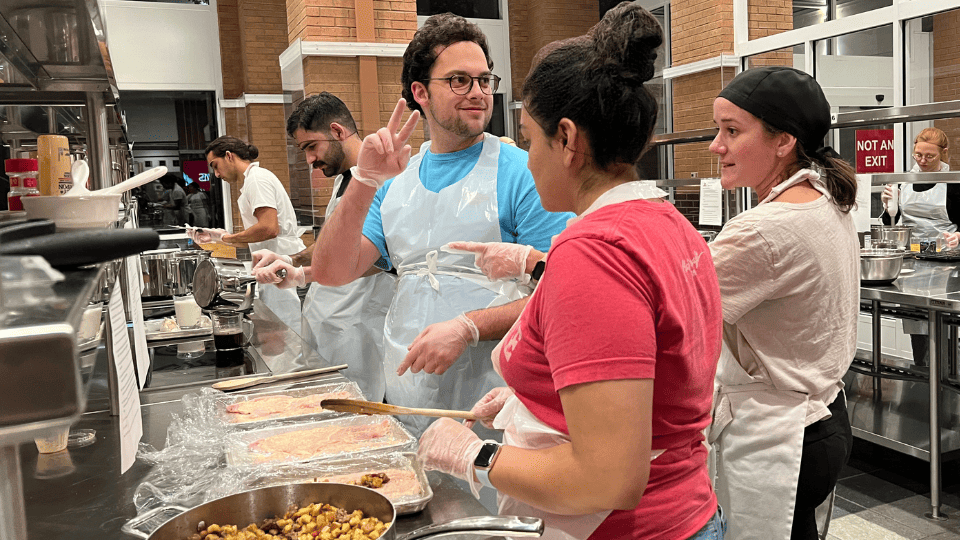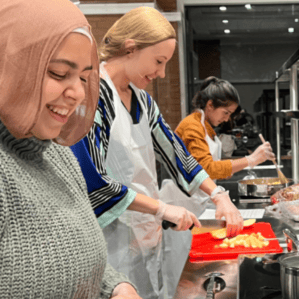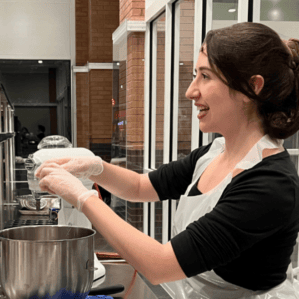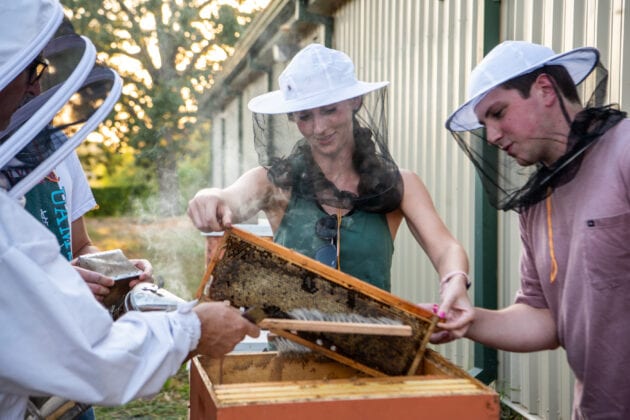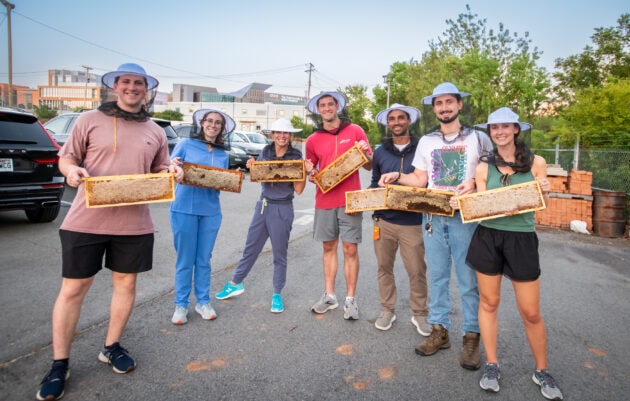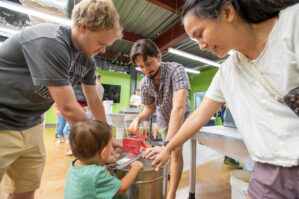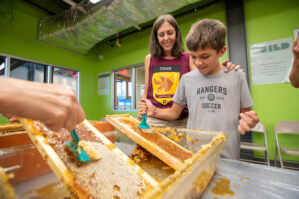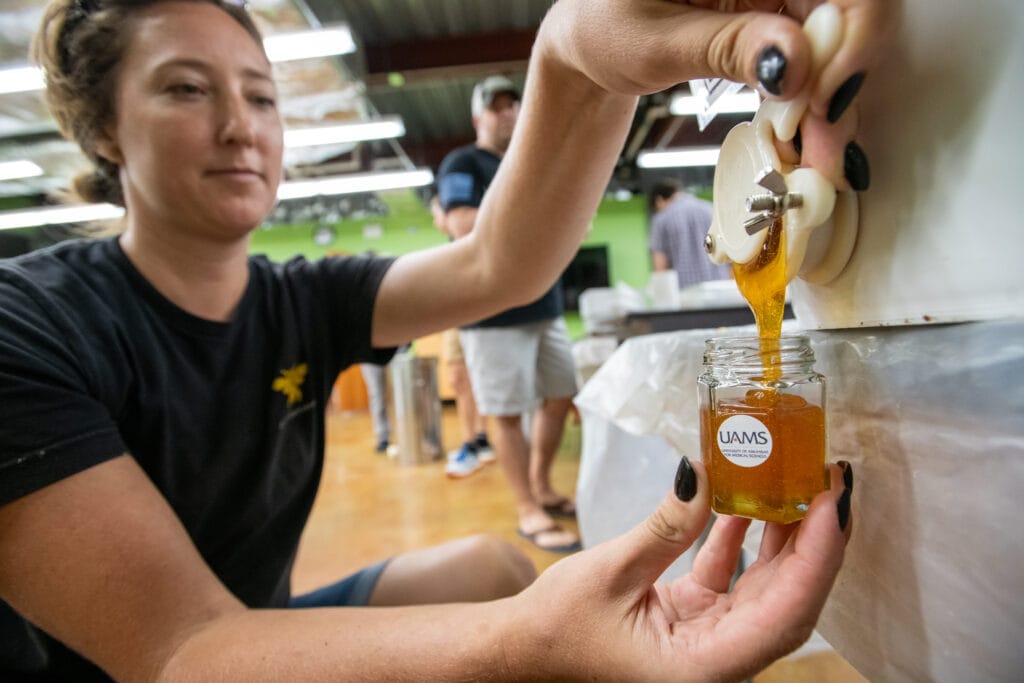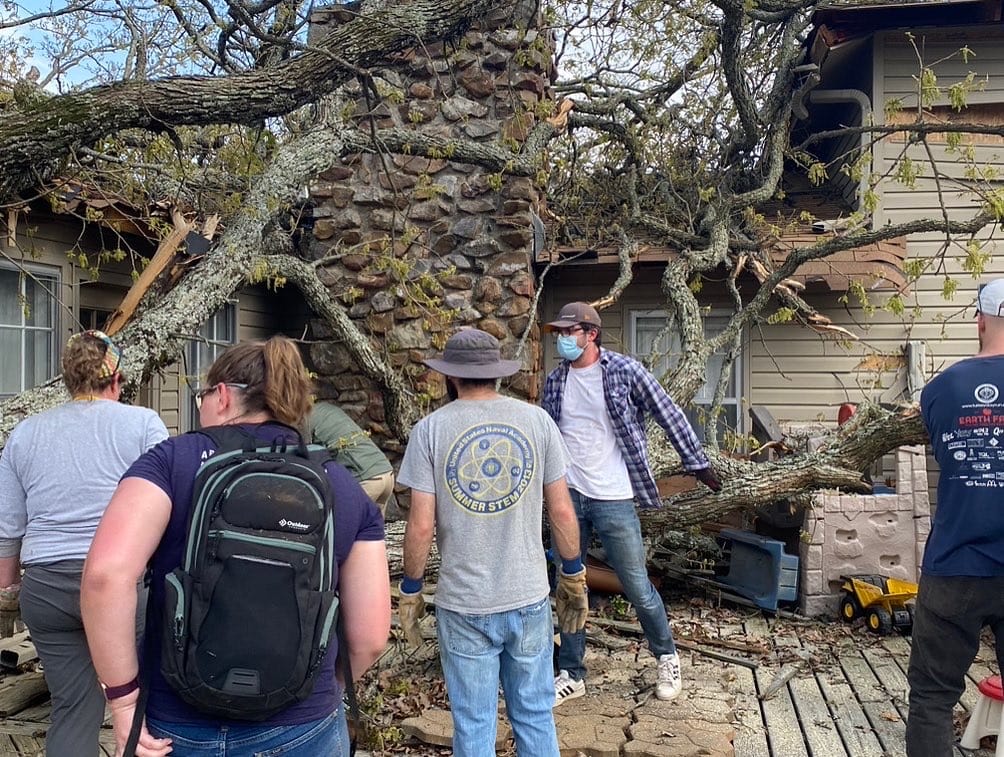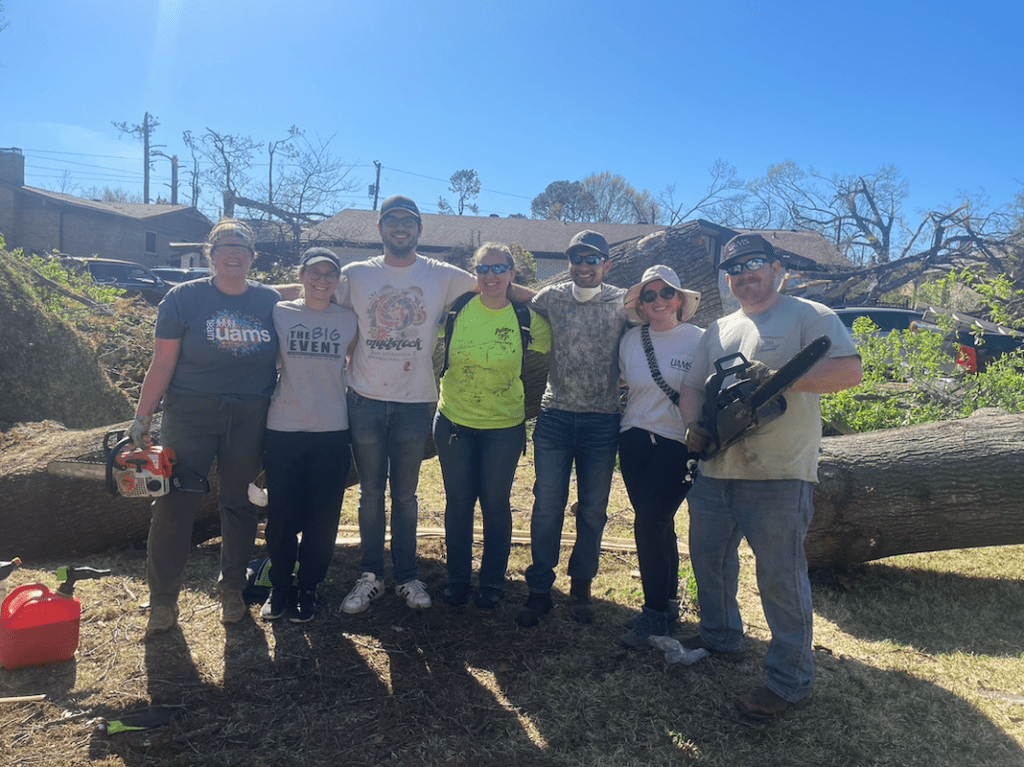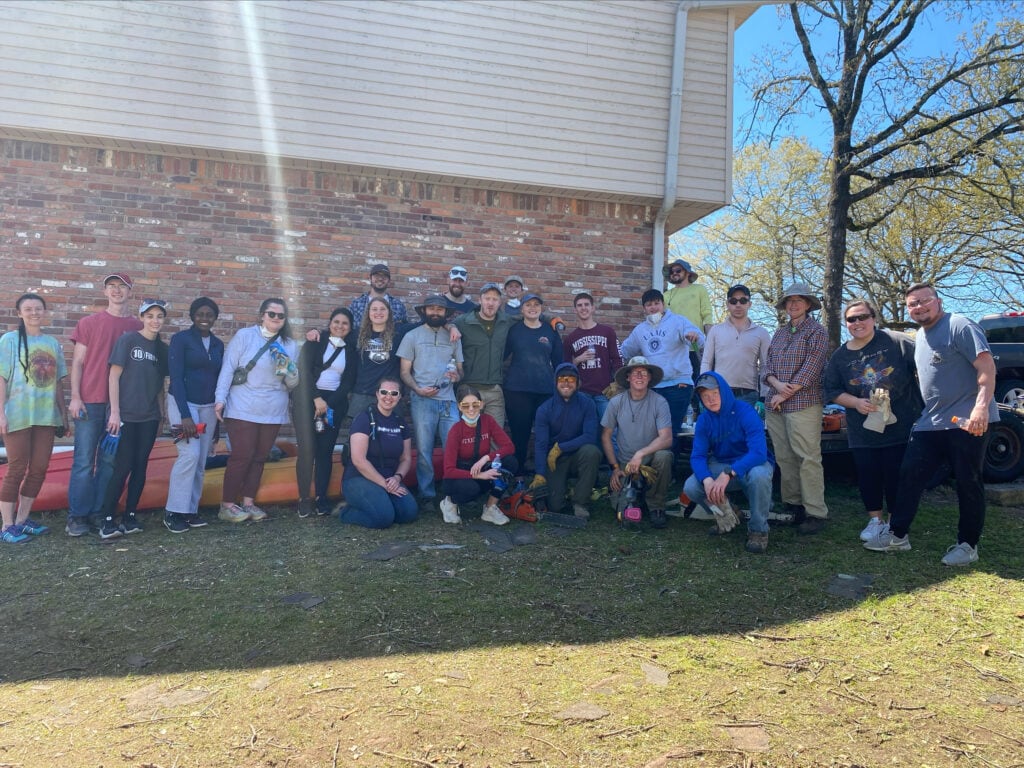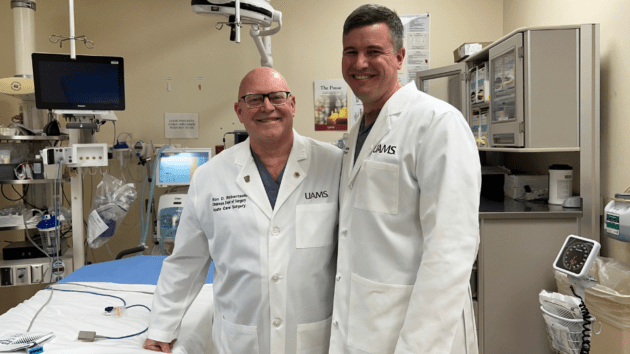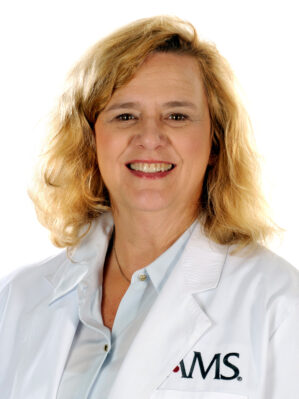Paul Drew, Ph.D., has been named chair of the Department of Neurobiology and Developmental Sciences in the University of Arkansas for Medical Sciences (UAMS) College of Medicine, effective July 1.
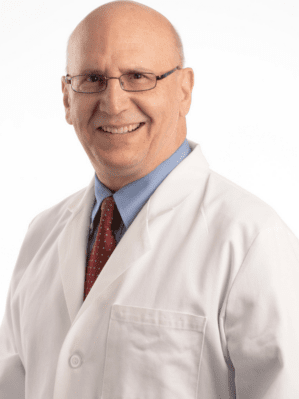
Drew, who is currently a professor and vice chair of the department, will succeed Gwen Childs, Ph.D., a distinguished professor who has chaired the department since 2000. Childs previously announced her decision to step down from the post after the next chair had been appointed. She will remain on the faculty.
“Following a national search, Dr. Drew was identified as the best candidate to lead the Department of Neurobiology and Developmental Sciences as it expands and enhances its programs in research and education in the years to come,” said Steven Webber, MBChB, dean of the college and executive vice chancellor of UAMS. “He brings a wealth of leadership experience to his new role, with 27 years of service on our faculty and several key leadership positions behind him.”
Drew has served as vice chair of Neurobiology and Developmental Sciences since 2015 and as director of research in the Department of Neurology, where he holds a secondary appointment, since 2017. He has also held a variety of college-wide leadership roles, including assistant dean for research in 2022-2023 and chair of the Promotion and Tenure Committee.
Drew’s research interests include neuroinflammatory and neurodegenerative diseases with a focus on multiple sclerosis and fetal alcohol spectrum disorders. His research has been steadily funded by the NIH, the National Science Foundation, and private funding agencies including the National Multiple Sclerosis Society and the Rampy Foundation for MS Research. He reviews grants regularly for the NIH, the Department of Defense and the National Multiple Sclerosis Society.
Drew received his doctoral degree in Zoology (Cell and Molecular Biology) from the University of Maryland. He completed postdoctoral training in the Neuroimmunology Branch of the National Institute of Neurological Diseases and Stroke, National Institutes of Health (NIH), before joining the UAMS faculty in 1997.
“In addition to welcoming Dr. Drew to his new leadership role, I want to take this opportunity to thank Dr. Childs for her dedicated service as chair,” said Webber. “We are very happy that she will continue to serve on our faculty after July 1. In addition to her leadership of a department that is integral to the pre-clinical education of our medical students, she has been internationally recognized and honored for contributions to the field of histochemistry and cytochemistry.”

